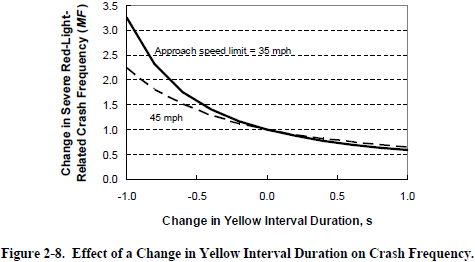Denise Dubie quotes a Gartner VP webinar in her story “Technologies that won’t be ignored”. I found some analysis did not settle well.
“We cannot consolidate desktops. PCs by definition have a one-to-one ratio,” Paquet explained. “The return on investment model is fundamentally different even though the technology is fundamentally the same and therefore will not have nearly as high the potential ROI.”
I see what he is trying to say. Every user must have a PC — sit at the keyboard and look at the screen — so there is no way to share or consolidate…wait a minute. Of course you can consolidate the PC. The system board and all its fixings can be one-to-many.
That would be old-school, in fact, and has many popular applications. It would be just like servers where IT takes a plethora of hardware and consolidates. They do not remove ALL hardware, of course, just reduce. Reducing PC technology through consolidation makes sense but Gartner says it is not possible.
Why can’t we consolidate desktops? My guess is that this might end up an argument of definition where each time I point out how PCs can and do serve in a one-to-many model Gartner might just relabel this a server model.
Another odd bit. They give facts without attribution or citation in the webinar found here. One good example:
Did You Know? Percent Power Used: Typical x86 Server 65% Doing Nothing
Who says this? Their interpretation of a “nothing” could actually include running antivirus scans or a patch management. Background processes are too easily overlooked and underestimated. Turn this around and IT could easily miscalculate performance requirements — be surprised by big charges for “nothing” services in a pay-as-you-go model. CFOs will get cranky very quickly when they are forced to pay a premium for “nothing” loads not included in the 35% estimate by Gartner.
One more example quote without attribution or citation:
Did You Know? At current pricing the operating expense (energy) to support an x86 server will exceed the cost of that server….within 3 years!
Sounds like energy prices are rising. Or do they mean to say server prices are falling? Or is the point that energy consumption of servers is increasing while price of energy and equipment is constant? No data and no citation in the slide; form your own conclusions. I say 2011 is woefully late for noticing and working on energy costs of servers, but better late than never.
Finally, to the point of this post’s title, Gartner lists Cloud at the very bottom of their trends to watch, number 10. They say resource constriction (sizing down after load) is still a problem being figured out. This takes me back to the earlier “doing nothing” slide. If there is a problem figuring out when and how a server is “doing nothing” then why would we believe the earlier 65% statistic that tells us cloud/consolidation makes sense?
